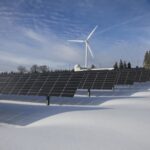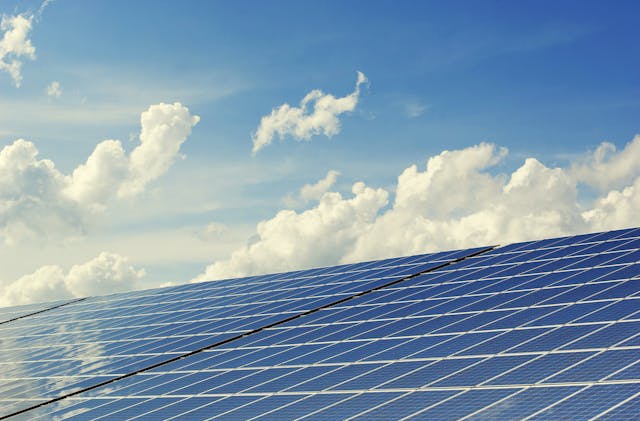As more homeowners seek sustainable ways to reduce energy costs, solar power is emerging as an attractive option. But before you make the switch, there are key factors to consider to ensure you’re making the right investment for your home.
Related Searches:
> Click Here for Solar Options >
> Get Free Solar Quotes Right Now >
1. Understand Your Solar Potential
Before investing in solar, it’s important to assess whether your home is suited for solar panels. Factors like the direction your roof faces, the amount of sunlight it receives, and shading from nearby trees or buildings all affect how much energy you can generate.
Pro Tip: South-facing roofs typically receive the most sunlight and are ideal for solar panel installation.
2. Evaluate Your Energy Needs
Assess your current electricity consumption by reviewing your utility bills over the past year. This will help determine how many solar panels you’ll need to meet your energy needs. If your goal is to go completely off-grid, you may need a more extensive setup compared to someone who wants to offset only a portion of their energy use.
Stat: The average American household uses about 10,649 kWh per year, and a typical solar panel generates around 250-400 watts.
3. Consider Incentives and Tax Credits
Many governments offer financial incentives to make solar energy more affordable. The U.S. federal government offers a 26% solar tax credit, and many states have additional rebates and incentives that can significantly lower your upfront costs.
Quick Tip: Research your state’s specific solar programs to maximize savings. Many solar installers will also help you apply for these incentives.
4. Choosing the Right Installer
Not all solar installers are created equal. Look for companies with a proven track record, positive customer reviews, and proper certifications, like the North American Board of Certified Energy Practitioners (NABCEP).
Check this: Request quotes from multiple installers and compare them carefully. Be wary of any lowball estimates, as they might involve hidden costs or substandard materials.
5. Understand Solar Financing Options
While solar panels can be a significant upfront investment, there are several financing options available, including:
- Solar loans: Spread out the cost over several years.
- Leasing: Pay for the use of the system without ownership.
- Power Purchase Agreements (PPAs): Pay for the electricity produced at a fixed rate, usually lower than traditional utility rates.
Explore the best option for your budget and long-term goals.









